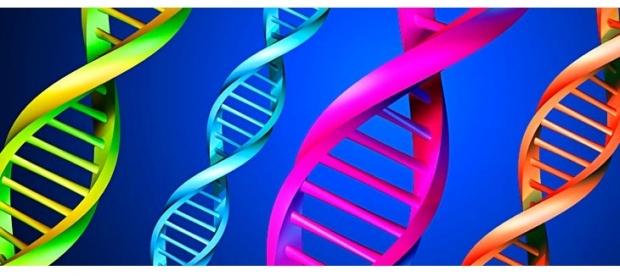"Your genetic code is the correspondence between the 20 types of amino acids and the 61 types of messenger RNA triplets (codons, representing DNA) that specify them," explains Gizmodo in a recently published article.
If you're not sure what to set for your next password and your general spiel of letters, numbers and symbols aren't doing it for you - maybe it's time you tried genetic code. These codes are said to give you nearly infinite password outputs, helping ensure hackers steer clear from your precious Farmville and Candy Crush trophies.
These genetic condons spell the same amino acids to all organisms. "The RNAs of humans, hydras, hippos, hydrangeas,Haemophilus influenzae, and even viruses follow the same rules," explains Gizmodo, further mentioning that the reason human proteins are manufactured in bacterial cells is because everything follows the same rules.
"We would not have to get polynucleotide synthesis very far to break the coding problem ... we could crack life's code" are some choice words from Dr. Marshall Nirenberg in his published research book, this came after he conducted demonstration experiments in 1960 and 1961 on Francis Crick's proposal to use genetic code words (condons) for these types of applications.
We've stumbled across some different combinations of condons incorporating standard three-letter amino acid abbreviations.
Random
- CUGleuAAUasnGUAval
Punctuation
- UAAUAGUGASTOP
- AUGmetSTART
Chemistry
- Ehlers-Danlos syndrome: Arg134Cys
- Huntington disease CAGglnx36HD
- p53 oncogene UGAACAGUAp53
So if you're stuck for a new password that's a little harder than "123456789" and have taken note of Intel's previous note to the public to make their passwords longer - here comes science to the rescue!

